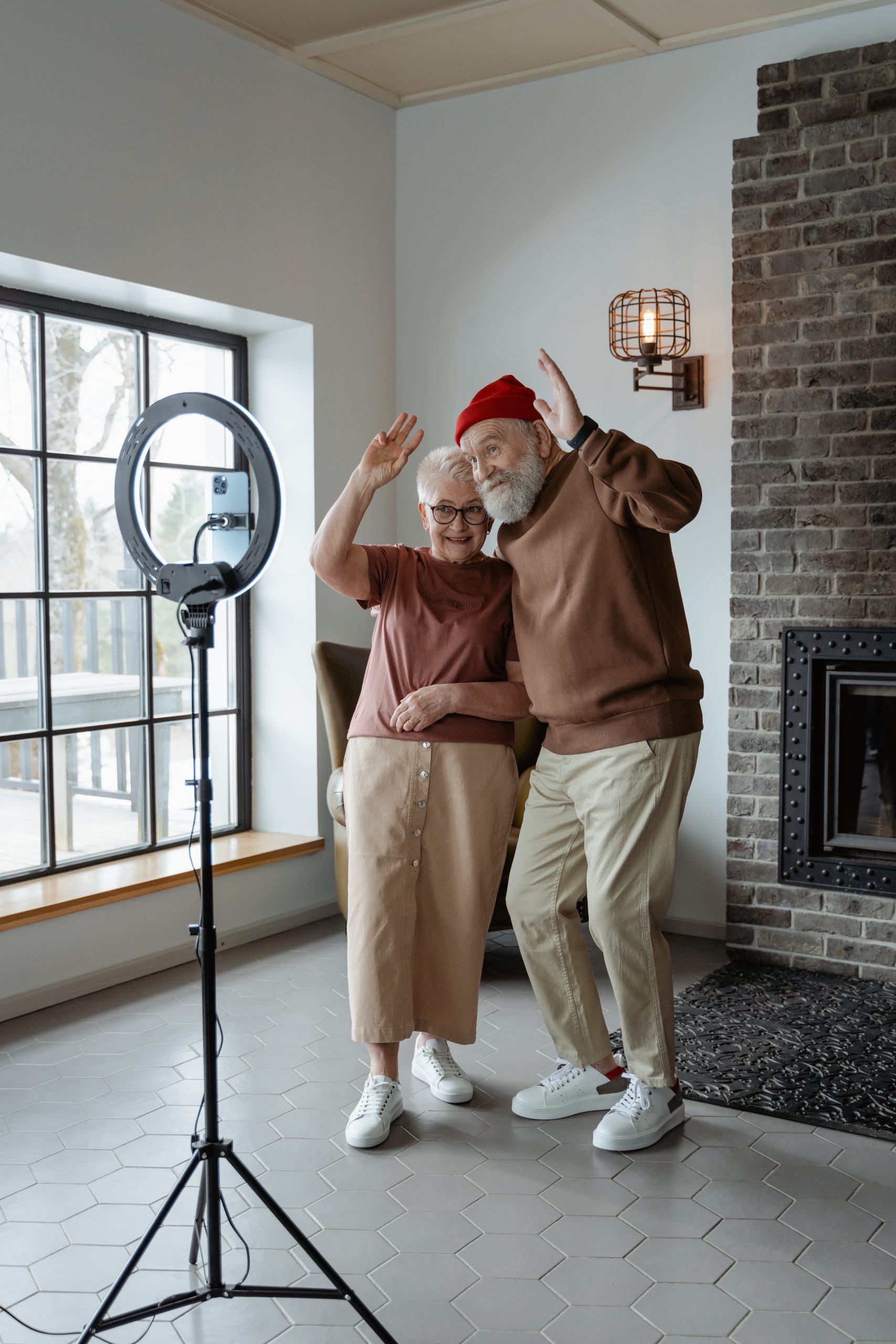The Power of Music Therapy: Improving Quality of Life for Elderly

The image is not directly related to the article. It merely symbolizes the life of elderly people.
What is music therapy?
Music therapy is a form of therapy that uses music to improve physical, emotional, cognitive, and social well-being. It is a non-invasive and non-pharmacological approach that involves a trained music therapist working with a patient to address their specific needs and goals through music-related activities.
How can music therapy benefit the elderly?
Music therapy can have a significant positive impact on the quality of life for the elderly. It can help to reduce feelings of loneliness and isolation, improve mood, increase social interaction, stimulate memory, and reduce pain and stress. Additionally, music therapy can be a fun and engaging way for seniors to stay active and maintain cognitive and physical function.
What types of music therapy interventions are used with the elderly?
Music therapy interventions can vary depending on the specific needs and goals of the patient, but some commonly used techniques with the elderly include singing, playing instruments, movement to music, reminiscence therapy, and music-assisted relaxation. Music therapists may also use personalized playlists or incorporate music into other forms of therapy, such as occupational or physical therapy.
What are some examples of music therapy programs for the elderly?
There are many different music therapy programs available for the elderly, both in clinical and community settings. Some examples include group singing sessions, music and memory programs, intergenerational music programs, and music therapy incorporated into hospice and palliative care. Many assisted living facilities and nursing homes also have music therapy programs available for their residents.
How do you find a qualified music therapist for an elderly loved one?
To find a qualified music therapist for an elderly loved one, it is important to look for someone who has completed an approved music therapy program and is board-certified by the Certification Board for Music Therapists. You can search for certified music therapists in your area on their website. It is also important to consider the therapist’s experience working with the elderly population and their approach to therapy.
The power of music therapy for the elderly cannot be overstated. From reducing feelings of isolation and improving mood to stimulating memory and reducing pain and stress, music therapy can have a profound impact on the quality of life for seniors. Whether through group singing sessions, personalized playlists, or other music-related activities, music therapy can be a fun and engaging way for seniors to stay active and maintain their cognitive and physical function. If you are interested in exploring music therapy for an elderly loved one, be sure to seek out a qualified music therapist who can work with you to develop a personalized treatment plan.
The image is not directly related to the article. It merely symbolizes the life of elderly people. What is music therapy? Music therapy is a form of therapy that uses music to improve physical, emotional, cognitive, and social well-being. It is a non-invasive and non-pharmacological approach that involves a trained music therapist working with a…
Recent Posts
- Empowering Caregivers: The Best Online and Offline Resources to Enhance Your Skills
- Traveling with a Purpose: The Rise of Volunteer Vacations
- Breaking Stigma: Dispelling Myths about Mobility Aids and Disability
- Avoiding Probate: How Trusts Can Simplify the Estate Settlement Process
- Senior Citizens Beware: Common Financial Scams and How to Stay Protected

